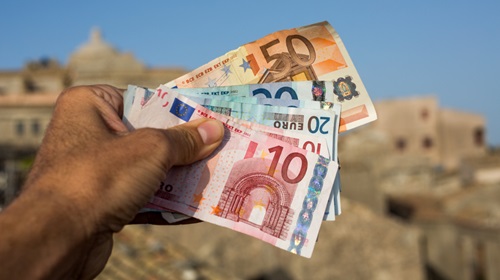
See how much these European countries offer immigrants to return to their home country
Several European nations, including Sweden, are offering financial incentives to encourage immigrants to voluntarily return to their home countries.
Sweden recently announced plans to increase its payments to up to $34,000, in a bid to address challenges in integrating newcomers.
The Swedish government, supported by the anti-immigration Sweden Democrats, unveiled this new scheme, which is set to take effect in 2026. Under the plan, immigrants who choose to return to their countries of origin would be eligible for up to 350,000 Swedish kronor ($34,000), a substantial increase from the current maximum of 40,000 kronor per family. The move reflects a broader shift in Sweden’s migration policy, with the government aiming to reduce immigration levels.
"We are in the midst of a paradigm shift in our migration policy," Migration Minister Johan Forssell stated. The current grant, in place since 1984, is relatively unknown and seldom used, with only one person accepting the offer last year. The government hopes that by increasing the grant, more people, particularly those who are long-term unemployed or reliant on state benefits, will take the incentive and return home.
Sweden is not the only country offering financial assistance to immigrants who opt to leave. Denmark offers more than $15,000 per person, while France provides $2,800, Germany $2,000, and Norway around $1,400. Despite these programs, some experts warn that significantly increasing these payments could send the wrong message and make integration efforts even more difficult.
Sweden has faced long-standing issues with integrating immigrants, particularly following the 2015 European migration crisis, when the country took in 160,000 asylum seekers—the highest per capita in the EU. Over the years, high unemployment rates among immigrants have widened wealth inequalities and put strain on Sweden’s welfare system.
The decision to increase return payments is part of a broader series of measures by Prime Minister Ulf Kristersson's government, which aims to tighten immigration controls. This includes making it easier to expel migrants for reasons such as criminal activity or behaviour deemed incompatible with Swedish values.
